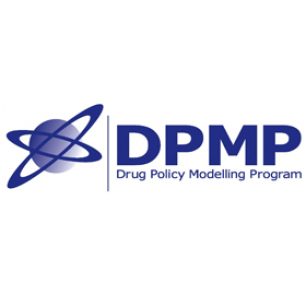Rationale
Among the most challenging aspects of making decisions is dealing with the inherent uncertainties. There are uncertainties in how to frame or approach the issue under consideration, as well as lack of information due to relevant areas not being investigated or because available methods are limited. Furthermore, some things are just unknowable and sometimes we are not aware of what we do not know. These are the aspects that the DPMP ‘uncertainty project’ is tackling, as outlined below.
Not surprisingly, numerous ways have been developed to understand and deal with uncertainty. What is surprising is that there has been relatively little exchange between or synthesis of these different approaches. This project is a step in fostering such interaction and integration. It responds to growing recognition that uncertainty cuts across disciplinary and practice boundaries and that we need to trade ideas and experiences to develop better tactics and methods for conceptualising and coping with uncertainty. Exposure to current debates and competing perspectives will highlight unresolved issues and stimulate new understanding and approaches.
The overall aim is to improve available methods for dealing with uncertainty, especially in relation to illicit drugs policy, although this research will also have a broad-reaching impact. The objective is to allow us to be better equipped to deal with the different dimensions of uncertainty.
The most obvious uncertainty that DPMP confronts is lack of data about a whole range of aspects of illicit drug use. While there are standard ways of dealing with this, such as estimation techniques and sensitivity analyses, the uncertainty project aims to provide a more comprehensive catalogue of methods to compensate for lack of data, so that new methods and combinations of approaches can be trialled and assessed. This is also the case for lack of information about how different factors involved in illicit drug use relate to each other.
A second dimension of uncertainty central to DPMP relates to how problems are approached. Any particular approach necessarily excludes or marginalises other ways of considering the problem. Thus if drug use is considered to be a criminal problem, questioning of the legal status is excluded and treatment is marginalised. Because DPMP is taking a broad view of drug use, it is in a good position to explore and highlight the consequences of different ways of framing drug-related problems. The uncertainty project will provide a template for exploring the consequences of problem framing, as well a catalogue of techniques for dealing with competing approaches, which can be trialled and assessed.
A third key dimension of uncertainty has two aspects – managing the unknowable and dealing with what we do not know. An example of the unknowable is the number of illicit drug users, which we can never know precisely because the problem is hidden. One approach is to keep refining estimates, another is to use numbers that suit political purposes. Again the uncertainty project will look for new ways of dealing with this dimension of uncertainty. In order to deal with issues we are not aware of, we need to foster an openness to new ideas, new thinking and new information. That there are some aspects of drug use that simply have not been thought about is best illustrated by an historical example. Thus, for a long time it was widely believed that all drug users came from dysfunctional homes. It was not until ordinary parents gathered the courage to speak out and band together that we realised that the social backgrounds of drug users were much more diverse. The uncertainty project will also provide a foundation for DPMP to think broadly, and sometimes radically.
The uncertainty project involves collating different disciplinary- and practice-based approaches to uncertainty in order to make researchers and policy makers aware of other useful approaches. It also involves developing new combinations and syntheses of approaches that will improve the ability of researchers and policy makers to deal with uncertainty. The size and diversity of the DPMP project itself makes it an ideal test bed for the ideas generated.


